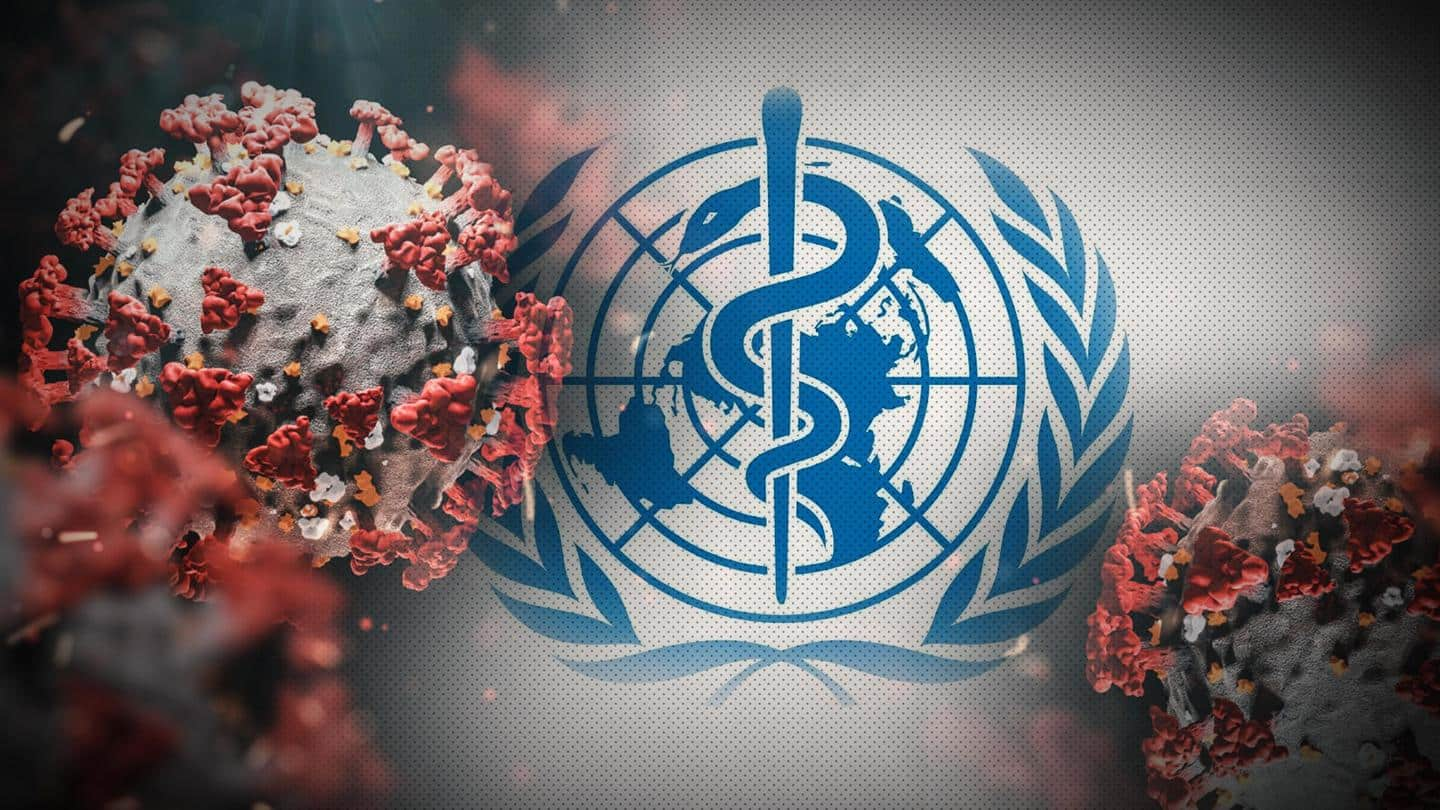
'Long COVID' is deeply concerning, says WHO; recommends medical help
What's the story
The World Health Organization (WHO) on Wednesday expressed "deep concern" about post-COVID-19 syndrome or "Long COVID."
At a press briefing, the WHO's COVID-19 technical lead Maria Van Kerkhove said that "Long COVID" is real.
She said among those infected, "many are suffering from long-term effects."
She urged people struggling with the after-effects of the virus to seek medical help.
WHO
WHO working on defining 'Long COVID'
The WHO said that nearly 200 million people have had COVID-19, but the acute number of people suffering from Long COVID is still UNknown.
The UN health agency further said that it is working on a better rehabilitation program for Long COVID sufferers and conducting research to have a better understanding of its syndromes and how they can be managed.
Quote
'Working on case definition to better understand post-COVID-19 syndromes'
"We do not know for how long these effects last and we are even working on a case definition to better understand and describe what this post-COVID syndrome is," said Van Kerkhove.
Post-COVID
There have been over 200 reported post-COVID-19 symptoms: WHO
On Tuesday, Janet Diaz—who leads the WHO's Long COVID efforts—said while it is yet not clear what causes these symptoms, working hypotheses include neurological problems, immune response to the infection, and the virus persisting in some organs.
She also said there have been 200 reported symptoms of "Long COVID," including chest pain, tingling and rashes, shortness of breath, extreme fatigue, and brain fog.
Symptoms
What did WHO say about symptoms?
Elaborating on symptoms, Diaz said they can be dragged on from the acute phase or can appear after recovering from that phase.
Some patients relapsed after recovery, she said.
She further said the persistence of post-COVID symptoms among patients ranges from three to six means.
"We are concerned there may be a small proportion that goes on to nine months—and to longer than that."
Children
Long COVID rare among children, says Lancet study
Separately, a study by Lancet recently said that long-lasting COVID-19 symptoms among children are very rare and children typically get better after six days of infection.
The study also said that only 4% of children experience symptoms beyond four weeks.
Notably, some hospitals in Delhi last month reported that many children were returning to hospitals with post-COVID symptoms like diarrhea, fatigue, body ache.